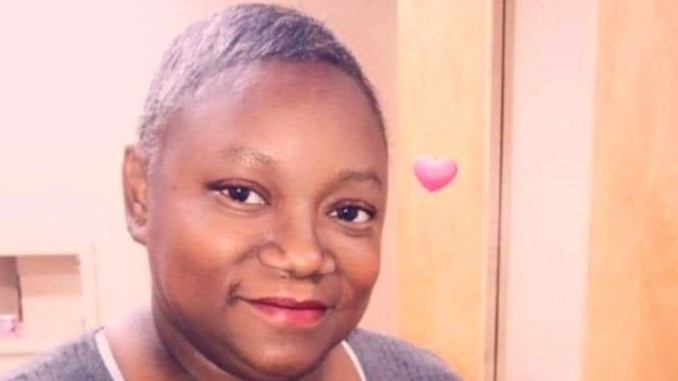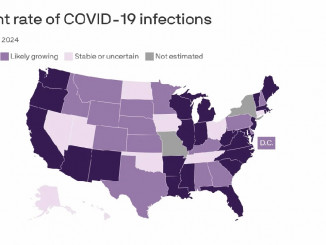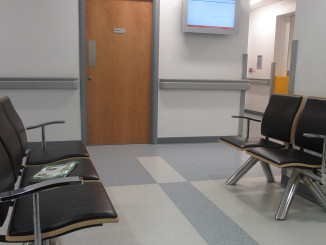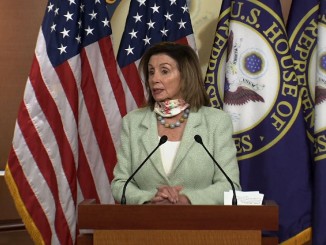
Dr. Susan Moore, 52 years old, tested positive for COVID-19 in late November and went to a hospital in Indiana. Her symptoms included a high respiratory rate, high heart rate, high fever and coughing up blood. Despite suffering a tremendous amount of pain, she had to fight with the medical personnel to get antivirals, pain medication, and a CT scan to prove that her pain was real. She was a doctor, she knew what she was feeling, and she was Black.
She went on Facebook to decry the lack of treatment that she received from her medical provider. Tragically, it was too little, too late. She passed away on December 22. She was the sole provider for her 19-year old son and her parents with dementia.
Sadly, Dr. Moore’s story of neglect from the medical establishment is not unique and is just the tip of the iceberg. A 2017 study of 26,331 women with breast cancer in Missouri found that Black women were 30 percent more likely to be diagnosed at a late stage compared to their white counterparts, making it far more difficult to treat. A study that looked at data and research from over 20 years found that Black people were 22 percent less likely than white people to receive painkillers for the same medical conditions.
The pandemic continues to wreak havoc on people throughout this society. In the United States, COVID-19 has taken the lives of over 350,000 people with countless people likely suffering serious long term health consequences. It has been commonly said that “the virus does not discriminate.” This is absolutely true. However, this society is extremely discriminatory against poor people and minorities. This is manifested in every aspect of society, including health outcomes. This was a cruel truth that people confronted long before the pandemic. How was it possible that in 2015, there was a 20-year difference in life expectancy of people living in different Baltimore neighborhoods that were only 5 miles apart? Access to housing, healthy food, and clean environment is not distributed equally across this society. Access to medical care is a huge issue with around 10 percent of the U.S. population (roughly 33 million people) having no insurance at all. But what does it matter if the medical care that you have access to is not interested in providing real care?
While certainly not the only component, the way that the medical establishment responds or doesn’t respond to people suffering from illness is a significant part of why there are such disparities. Even a medical doctor is not immune to the ugly racial discrimination of this society.
Being poor, being Black, being Brown, being Indigenous or in any other marginalized group is a pre-existing condition in a society built on deep inequalities. A society that is organized in this way puts us all at risk and is a virus that we must fight.




